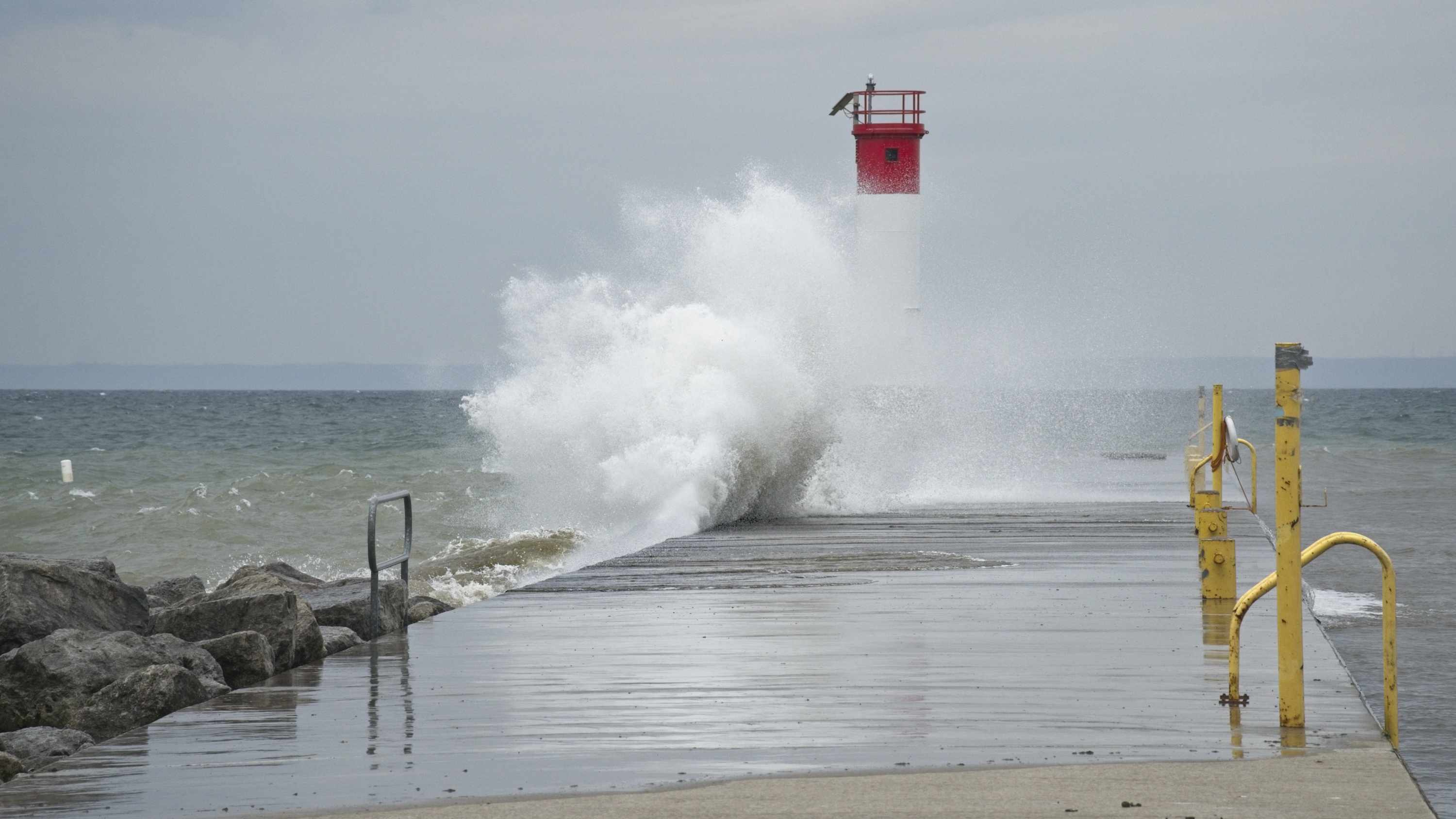
With an uptick in Coronavirus cases in recent days, in spite of continued precautions and much civic-minded mask wearing, the prospect of more months of pandemic restrictions looms. This, without the benefit of the outdoor activities enabled by good weather.
How many more months is dependent on a list of variables from vaccines, to our ability to adhere to guidelines, to the impact of returns to school.
Governments are weighing the risks of opening with the public health (mental health, addiction, spousal and child abuse) and the economic risks of severe lockdown.
We are all in this storm together, and it is affecting everyone. But as we ride out the storm, we are clearly not all in the same boat. Some are in luxurious cabin cruisers, others in stable and comfortable smaller craft, but some are in dinghies that have already taken on water and are dangerously close to foundering if there is another big wave. Even worse, others are clinging to life rafts in dire need of rescue.
We are clearly not all in the same boat.
Some of us have comfortable homes with enough room for privacy and outdoor space in good weather. Many retired people with stable incomes and professionals able to work from home are financially secure.
Others are not.
The government has put in place a variety of supports but many still cannot work, and the emergency response benefit doesn’t cover the obligations they handled comfortably before the pandemic lockdown.
Even with government supports, demands on local not for profits are up 40% in Canada over last year. These agencies help people in need of food, housing, mental health support, an escape from abuse, and many other problems this pandemic is making worse.
In Oakville, 9.7% of the population lives in poverty. In Halton, 1 in 5 seniors lives alone. 1 in 8 households are run by single parents, and 80% of these are single mothers. 10% of people in Halton experience hunger and don’t have enough money for food.
In Oakville, 9.7% of the population lives in poverty.
At the same time, donations to not for profits are down. 37% of Canadians have reduced their giving to charity since the pandemic. Most of this is as a result of reduced income or greater uncertainty of income. Some is due to the doubt the WE controversy has cast on the transparency of not for profit agencies. Government efforts to help charities have not come anywhere close to addressing the impact of increased demand and reduced donations. Many agencies have laid off people, reduced pay and are depleting their reserves. Many will not survive this emergency.
37% of Canadians have reduced their giving to charity since the pandemic.
If you are lucky enough to be in a stable boat in this storm, perhaps you can help. Perhaps some of the money you used to spend travelling, going to events and dining out gives you a little manoeuvring room. If it does, consider the United Way.
The United Way movement is 133 years old. It has weathered crisis after crisis, and has been scrutinized by government after government and watchdog after watchdog. United Way's focus is on getting help where it is needed and raises funds for the agencies that need it most at any time. With a time-tested and proven screening system, the United Way ensures that the agencies it supports operate with integrity and transparency. As a result you can have absolute confidence that your donations will help those in the greatest need to the greatest degree in this crisis. You can be sure that every program supported by the United Way is aimed at creating opportunity and not dependency in those who need it.
The United Way has a long history as a critical element in making our community better for all of us. At some time in your life, you or someone you know has almost certainly used a United Way agency, or will in the future.
Click United Way of Halton Hamilton to donate.


